
Two new political groups will fight to win Liberia’s mayor’s office in the 2024 elections: New Liberia and United Liberia. Their registrations are still pending approval by the Supreme Electoral Court (Spanish acronym: TSE), which has a deadline of August 3, but its members claim to be certain that they will be successful in getting approval.
Liberia’s two cantonal parties join the list of the 33 parties that already exist at the national level. In Guanacaste, there are also two registered provincial parties: Guanacastecan Union and Independent Guanacaste.
In New Liberia and United Liberia, political figures who have participated in other parties stand out. The mayoral candidate for New Liberia will be José Amilcar Angulo, a former member of the Citizen Action Party (Spanish acronym: PAC), former regional director and former general manager of the National Production Council (Spanish acronym: CNP).
United Liberia’s mayoral candidate has not yet been determined, confirmed the group’s president, Marcela Gorgona.
The party isn’t tailor-made for anyone, but is formed for Liberia’s population,” she said.
In the 2020 elections, Gorgona was a candidate for vice mayor along with former mayor Julio Viales (2016-2020). Viales was elected mayor in 2016 with the National Liberation Party but left the party in 2019 to seek re-election with the National Integration Party (Spanish acronym: PIN).
Channel 5’s director and communicator, Edward Alfaro, also participates in the party. Although Alfaro has no experience in politics, he has covered Liberia’s council sessions as a journalist for at least five years. In January, Mayor Luis Gerardo Castañeda lashed out at him during a council session recess.
The Rise of Cantonal Parties
In the last municipal elections (2020), two cantonal groups in Guanacaste broke away from the traditional leadership of national parties: The Great Nicoya and Authentic Santa Cruzan. They were also joined by Nandayure Progresses (2020-2024), led by Giovanni Jiménez, who had already been mayor of the canton between 2016-2020 (with New Generation).
Before them, only one provincial party had won a mayoral election in the province: Independent Guanacaste in Nandayure, in 2002.
United Liberia and New Liberia’s leaders affirm that creating political projects focused on the canton’s challenges is necessary. “In the national parties, the merely regional problem isn’t seen. We believe that by achieving a cantonal party, we could have more autonomy and control to create a sense of belonging,” said Gorgona, from United Liberia.
To Angulo, from New Liberia, the rise of local groups and the lack of vision of national parties prompted them to create New Liberia.
There’s a political class that is concentrated in the center of the country that tries to administer it in a general way and in that generality, they lose sight of the needs of the territories,” he said.
“Talking about this 20 years ago was very complicated because the political conditions enjoyed by the majority parties was reassuring,” he added.
According to Angulo, New Liberia has held meetings with cantonal groups such as The Great Nicoya and Curridabat Century XXI to understand and extract lessons from these political projects.
Both groups are betting on the bulk of Liberia’s population that doesn’t participate in municipal elections.
Since the 2002 elections, Liberia has been the canton in Guanacaste with the most abstentionism. In 2020, only 35.3% of the electoral roll participated. The abstention rate has been above 60% since the 2002 elections, although it has been decreasing year after year.
The Romance of a Cantonal Project
To Eugenia Aguirre, a researcher with the National Political Observatory from the University of Costa Rica (UCR), cantonal parties should not be idealized as proposals always anchored to the needs of the territories.
There is the romantic idea that the cantonal party has a clearer perspective of the local reality”, she remarked.
“However, you have to observe them in the same power dynamics of national parties. Given the ease with which they can be formed, leadership and trajectories must be analyzed, because it’s common for these to be turncoat figures who become part of these parties and they aren’t always important community efforts,” she explained.
Some examples of “turncoatism” are the mayor of Nandayure, Giovanni Jiménez, who was a member of National Liberation (Spanish acronym: PLN), was later elected with PNG and now leads Rescue Nandayure.
Another example is the mayor of San José, Johnny Araya, head of the Municipality of San José since the 1990s with PLN and with the Alliance for San José party in the last elections in 2020.
For the parties, it will also be a challenge to obtain the financing required for the electoral processes. According to a TSE report, in the 2020 municipal elections, cantonal political parties were able to access amounts between ₡2.6 million and ₡56 million (about $4,800 to $104,000 USD currently) for political debt (state contribution to parties when they exceed the minimum voting threshold and present liquidation of expenses before the TSE).
For example, according to the election results, The Great Nicoya was able to access ₡41 million (about $76,000), but the liquidation of its expenses was just over ₡9 million (about $17,000). In the case of Authentic Santa Cruzan, they were able to access ₡44 million (about $81,000), but their expense settlement was ₡19 million (about $35,000).
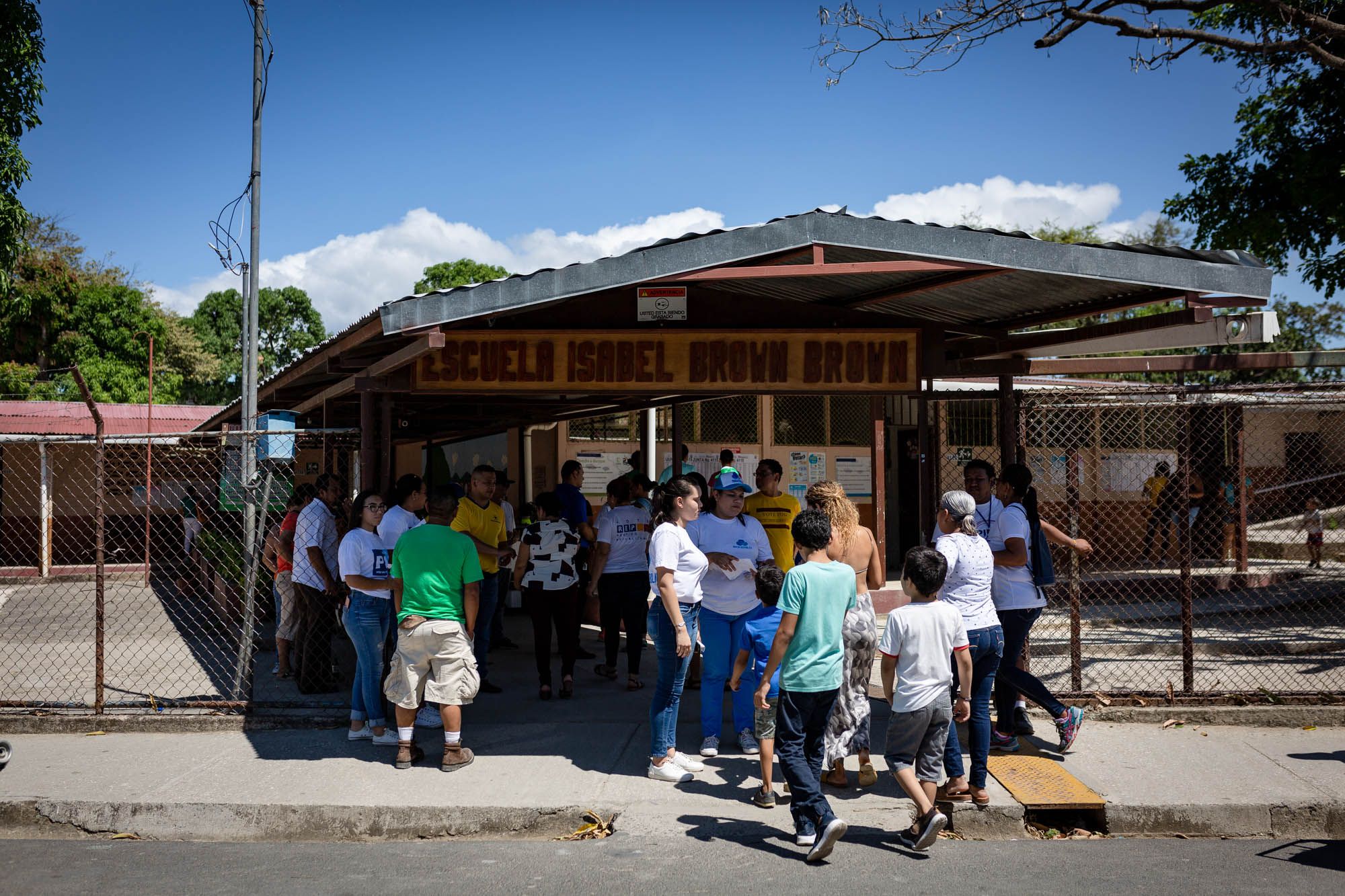
In the 2020 elections, only 35.3% of Liberia’s population participated in the municipal elections. The photo shows the atmosphere on election day at the entrance of Isabel Brown Brown Elementary School.Photo: César Arroyo Castro
Marcela Gorgona, from United Liberia, stated emphatically that they don’t have financial godfathers or godmothers. “Within the collective, there are many creative people, one of whom knows how to make videos, another knows how to edit. At the moment, we’ve even thought about selling bracelets, looking for an alternative to be able to have income,” she said.
José Amilcar Angulo, from New Liberia, affirmed that he has contacted donors who will make contributions when they have an account set up. “In addition to this, a more massive donation capture process will be carried out at the local level,” he added.


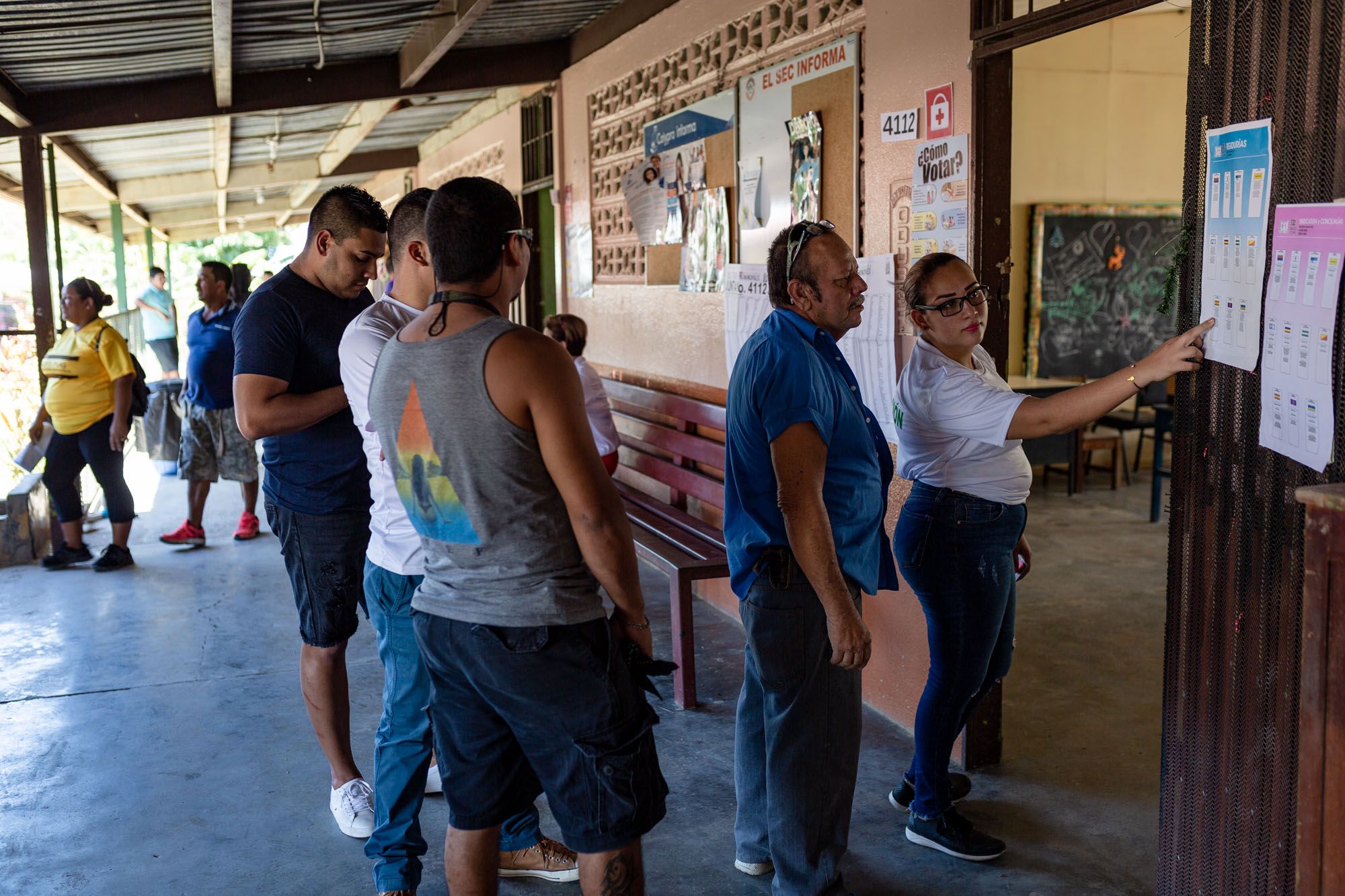
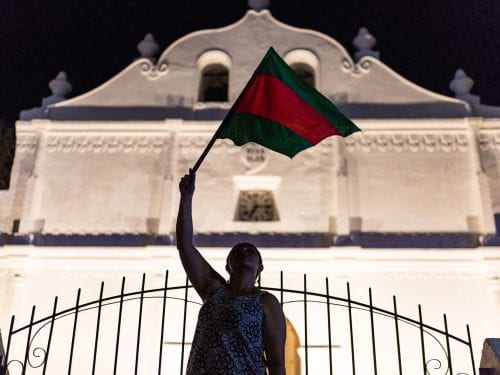
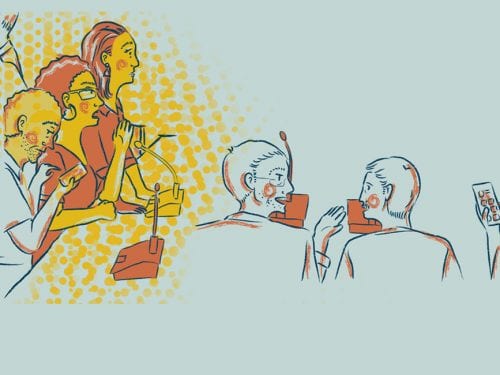
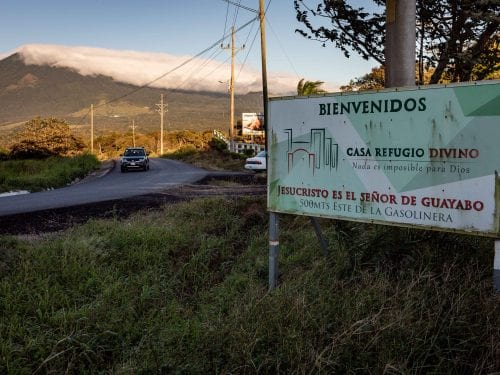

Comments